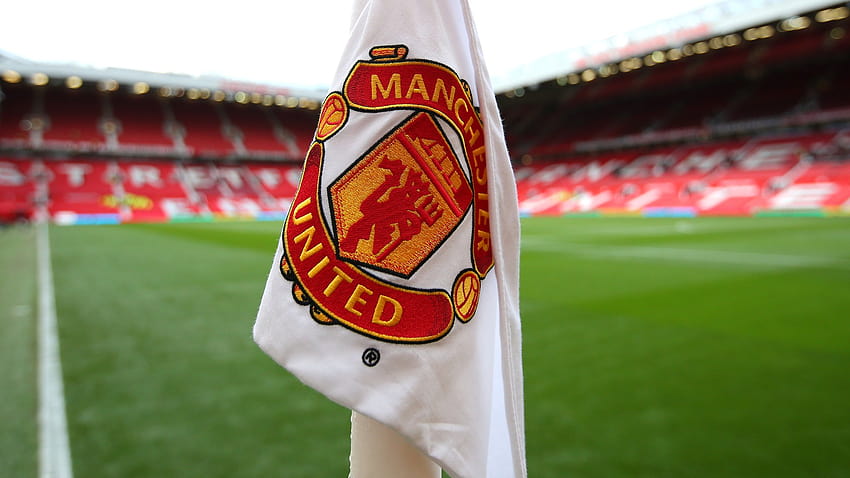A senior staff member of the Ineos Grenadiers cycling team, David Rozman, who recently stepped back from race duties at the Tour de France, previously worked at Manchester United in 2024. The development comes amid ongoing anti-doping scrutiny connected to his alleged historical ties to a convicted doping doctor.
Rozman, a long-standing and senior figure at Ineos Grenadiers, reportedly spent four weeks at Manchester United as part of a knowledge exchange programme initiated after a change in ownership at the club. During his stint, he worked alongside the Premier League side’s soft tissue therapists in a collaboration under the wider Ineos Sport umbrella.
Questions about Rozman’s past emerged following media reports and a German documentary alleging possible links between him and Mark Schmidt, the doctor at the centre of the notorious Aderlass doping scandal. Schmidt was convicted in 2021 for running a sophisticated doping operation across various sports, including cycling and cross-country skiing.
Although Rozman initially spoke informally with the International Testing Agency (ITA) earlier in the year, he was later formally requested to attend an interview, prompting his departure from the Tour. At the time of the earlier discussions, he was informed that he was not under investigation. However, recent revelations have increased scrutiny.
Alleged evidence, including text messages dated as far back as 2012, reportedly connects Rozman to Schmidt during the period when Ineos Grenadiers raced under the Team Sky banner. These materials were said to have surfaced through court proceedings and journalistic investigations into the Aderlass case.
Rozman’s role is not limited to cycling. He previously worked with Team GB during the London 2012 and Rio 2016 Olympic Games, further highlighting his long involvement in elite sport.
Ineos Grenadiers has stated that Rozman stepped aside voluntarily to allow due process to proceed. The team confirmed they have requested further details from the ITA but have yet to receive any evidence due to legal and confidentiality constraints. The organisation reiterated its commitment to a zero-tolerance stance on doping and pledged continued cooperation with relevant authorities.

